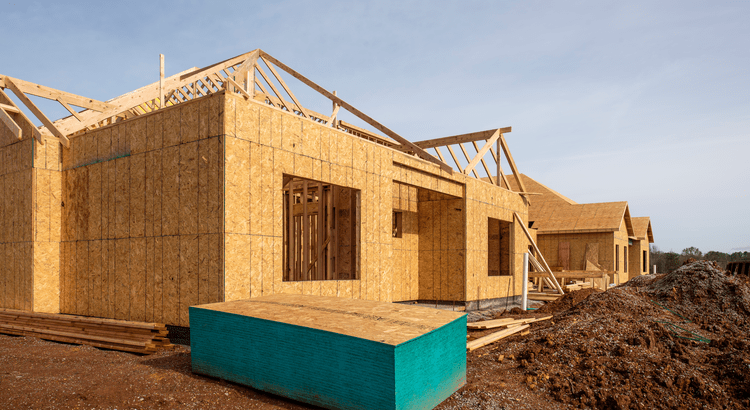What’s Your House Worth Now? The Answer May Surprise You
What’s Your House Worth Now? The Answer May Surprise You Let’s talk about something you might not check nearly as often as your bank account – and that’s how much your home is worth. But when it comes to your financial situation, it’s an important thing to remember. When’s the last time you had a p

What You Can Do When Mortgage Rates Are a Moving Target
What You Can Do When Mortgage Rates Are a Moving Target Have you been keeping an eye on mortgage rates lately? If so, you’ve probably noticed they’ve been all over the place. One day they dip slightly, and the next, they’re climbing again. If you’re thinking about buying a home, this kind of moveme

Don’t Miss This Prime Spring Window To Sell Your House
Don’t Miss This Prime Spring Window To Sell Your House According to Realtor.com, April 13–19 was predicted to be the best week to list your home in 2025. So, if that date has come and gone, you might be wondering—did you miss your chance? Not at all. And here’s why. That recommendation is based on o

If the Asking Price Isn’t Compelling, It’s Not Selling
If the Asking Price Isn’t Compelling, It’s Not Selling Unfortunately, many sellers right now are overpricing their homes, which is causing a noticeable rise in price reductions. This often happens because they’re either overlooking current market trends or intentionally pricing high to allow roo
Categories
Recent Posts











